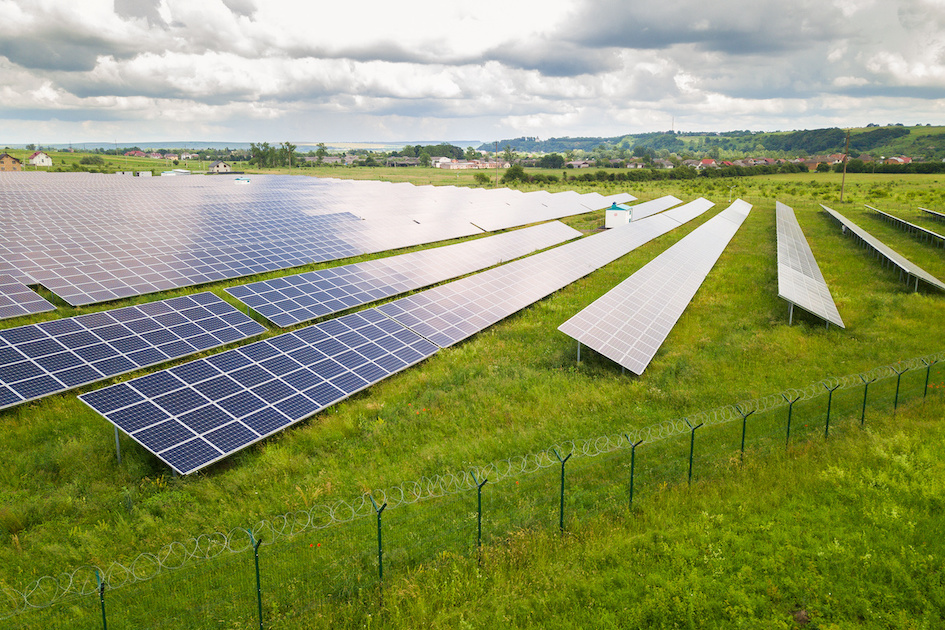« De Mouvement écologique an d’Lëtzebuerger Landjugend a Jongbaueren hu rezent an engem gemeinsame Pabeier drop opmierksam gemaach, datt Photovoltaikanlage prioritär op scho versigelte Fläche sollen installéiert ginn. Grondsätzlech soll d’Opstelle vu sou Installatiounen an der oppener Landschaft souwéi op landwirtschaftleche Flächen ageschränkt ginn, zumindest sou laang bis all aner Méiglechkeeten ausgeschäffelt sinn.
Si fuerderen donieft, dass nëmme begrenzt Agrophotovoltaikanlagen an ënner ganz restriktive Konditiounen zougelooss an entspriechend Ofännerungen am iwwerschafften Naturschutzgesetz duerchgeféiert solle ginn. Och déi staatlech Ausschreiwunge fir grouss PV-Anlage sollten deementspriechend Krittäre virgesinn.
Aus all deene Grënn wollte mer der Madamm Ministesch fir Ëmwelt, Klima an nohalteg Entwécklung an dem Här Minister fir Energie folgend Froe stellen :
- Wéi positionéiert sech d’Madamm Ministesch an den Här Minister par Rapport zu de Revendicatioune vun de genannten Organisatiounen ?
- No wat fir enge Kritäre kéinte Photovoltaikanlagen op fräie Flächen a Fro kommen bzw. geneemegt ginn ?
- Sinn der Regierung konkret Projete bekannt, wou sou Anlagen op fräie Flächen installéiert goufen oder installéiert solle ginn ? Kann d’Regierung eis präzis Beispiller nennen ? Wéi grouss ass déi mëttlerweil verplangten respektiv genotzte Fläch ?
- Vu dass et déi eng oder aner Plaz am Land gëtt, wou an der Gréngzon op Agrarflächen nach Reschter vun ale Solaranlage stinn, wéi vill Anlagen, déi a Wisen oder op Felder stoungen an net méi a Betrib sinn, si mëttlerweil demontéiert ginn ? »






